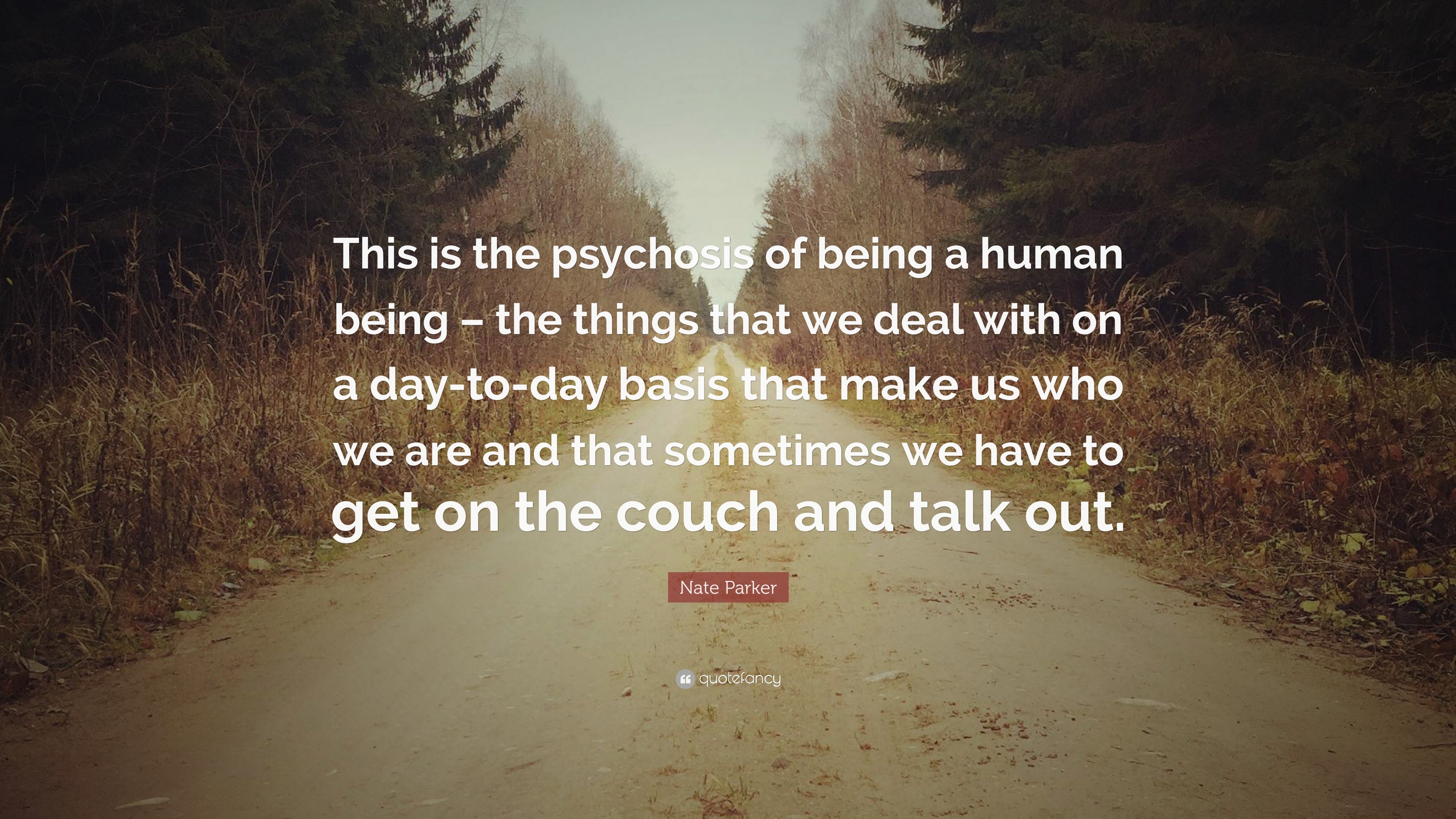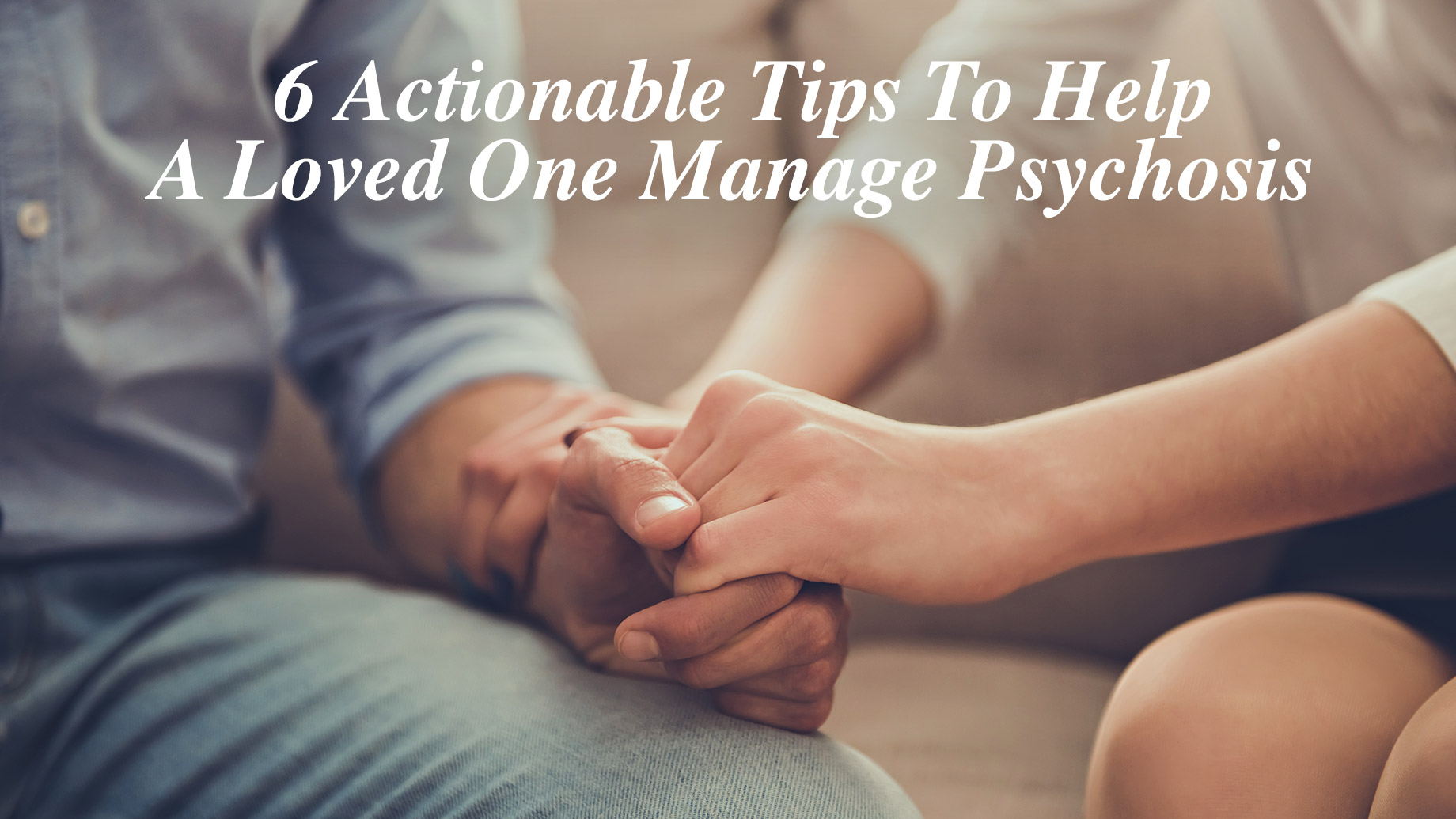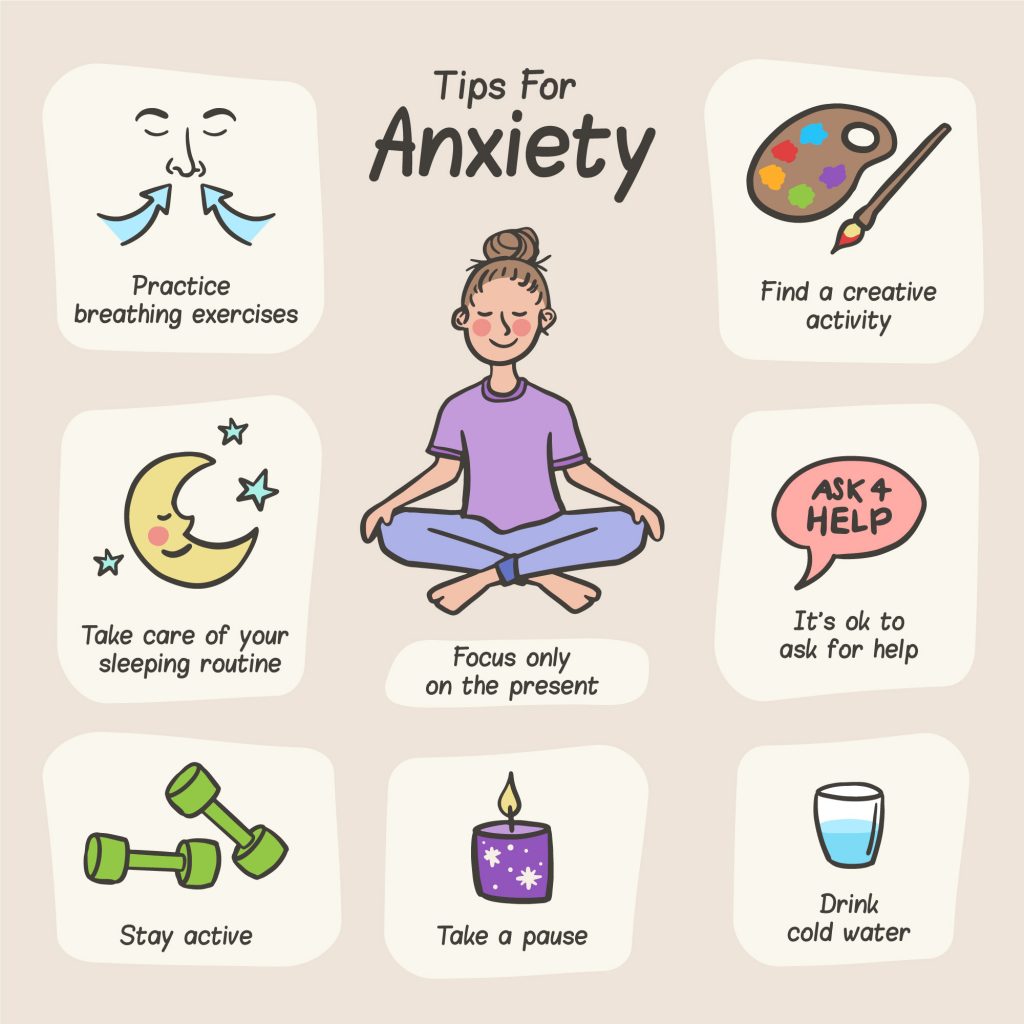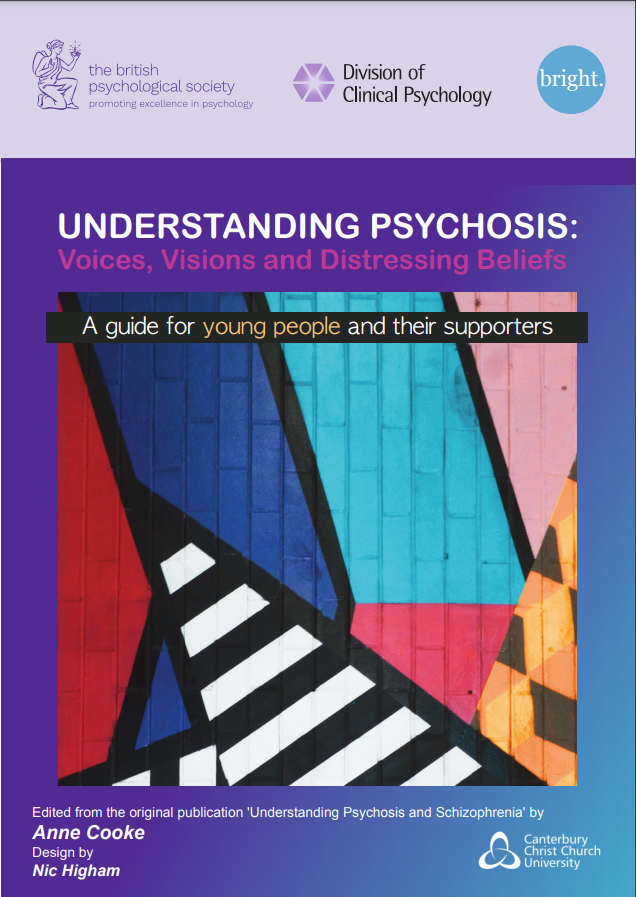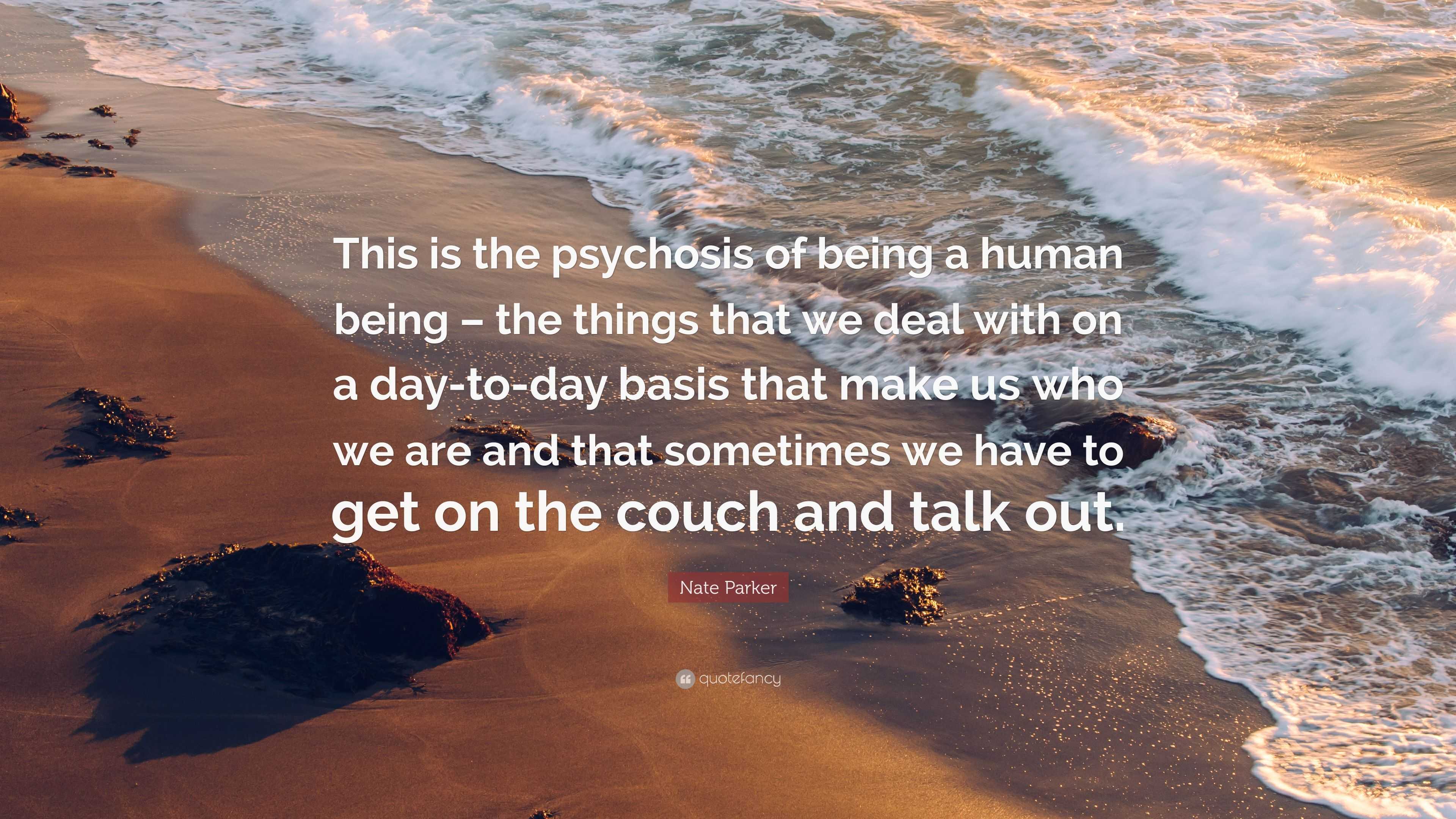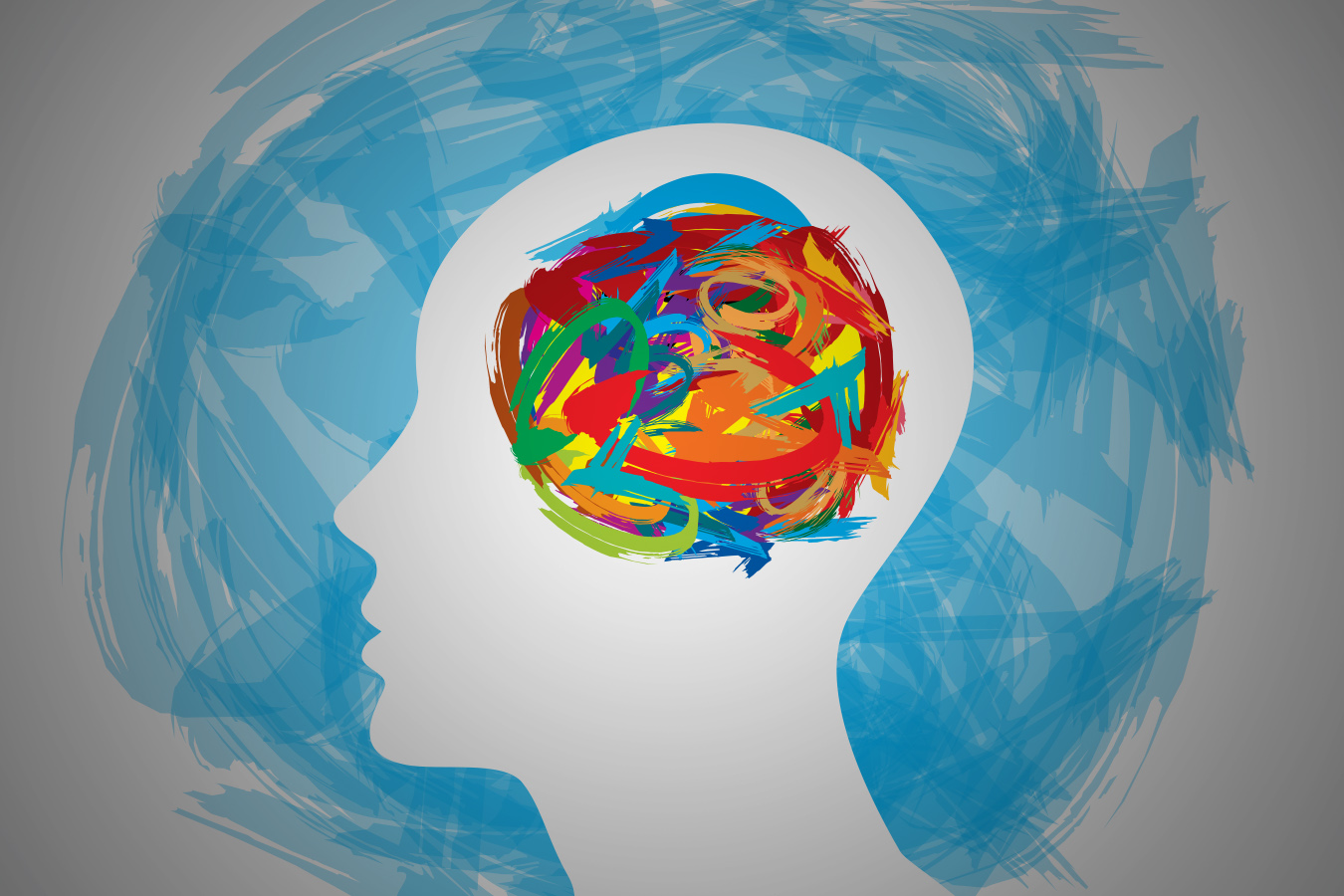Real Info About How To Deal With People Psychosis

With help, your family can.
How to deal with people with psychosis. For people with schizophrenia, coping. Movies and television provide a skewed depiction of mental illness, and relying on pop culture knowledge can make it hard to know how to find help treating psychosis. How to deal with psychosis:
You may be offered 'cognitive behavioural therapy for psychosis'. People with psychosis will say and do. There are numerous ways to cope with the experience and have a positive, fulfilling life that’s not defined by the condition.
Helping during a psychotic episode. Typically, antipsychotic medications are the medications. Allow yourself to feel empathy for what that.
Treatment steps to recovery outlook depression with psychotic features is when someone experiences both depression and psychosis. Move forward and enjoy your life. Any hostile, disciplinary, or challenging action on your part will aggravate the situation.
And my successes. Acts of violence and aggression are fairly uncommon in people with psychosis. It can be distressing to see a loved one experiencing psychosis, but there are some ways you can try to help.
This toolkit is meant to help you learn skills you can use to: Developing stress management strategiescan help prevent it from overwhelming your daily life. If you or a loved one are struggling with a psychotic disorder, contact the substance abuse and mental health services administration.
People with psychosis or conditions that involve it may talk about their symptoms without realizing these are symptoms of a mental health issue. How you respond to a loved one with psychosis can make a big difference in your ability to maintain a relationship with them. Psychologists define psychosis as a.
When supporting someone, a friend, relative or colleague, with psychosis, you can face your own challenges. Talking therapies can help you understand your experiences and develop coping strategies to deal with them. Treatment may involve therapy, medication, and/or behavior management to deal with the effects of psychosis.
Treatment usually includes a combination of psychotherapy, case management, and medication. Breathing exercises, meditation, and mindfulness might be useful tools in addition to a: Here are some ideas:
The primary signs of psychosis are hallucinations, disorganized thoughts, and delusions as one loses connection with reality. The best approach when caring for someone with psychosis is an empathetic, compassionate, strong, and grounded one. Learning new skills is not easy.


